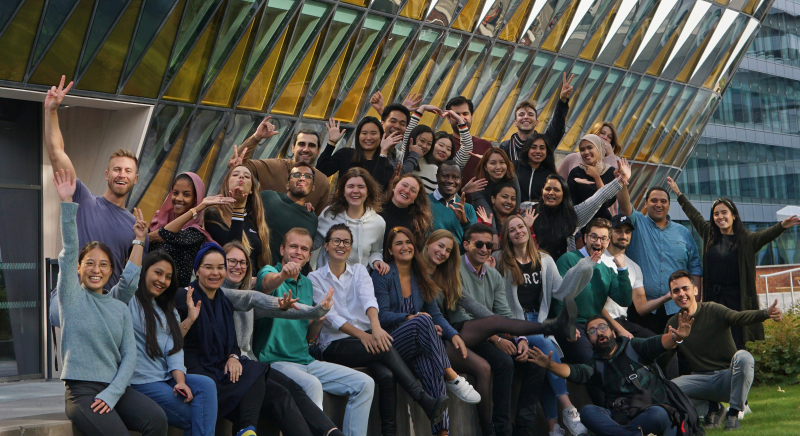
Interviewing Bioentrepreneurship students: insights about the masters
Hello everyone! It is Tina here and I am a 2nd-year student in the Bioentrepreneurship programme. As the programme has changed into a new syllabus and essentially, a new programme as of fall 2020, I decided to interview 5 1st-year students to let them share what they think of the studies so far but also why they chose this master to begin with 🙂 It is a long one Let’s start!
1. Who are you?
Let’s start introducing them by name, age, country, and study background.
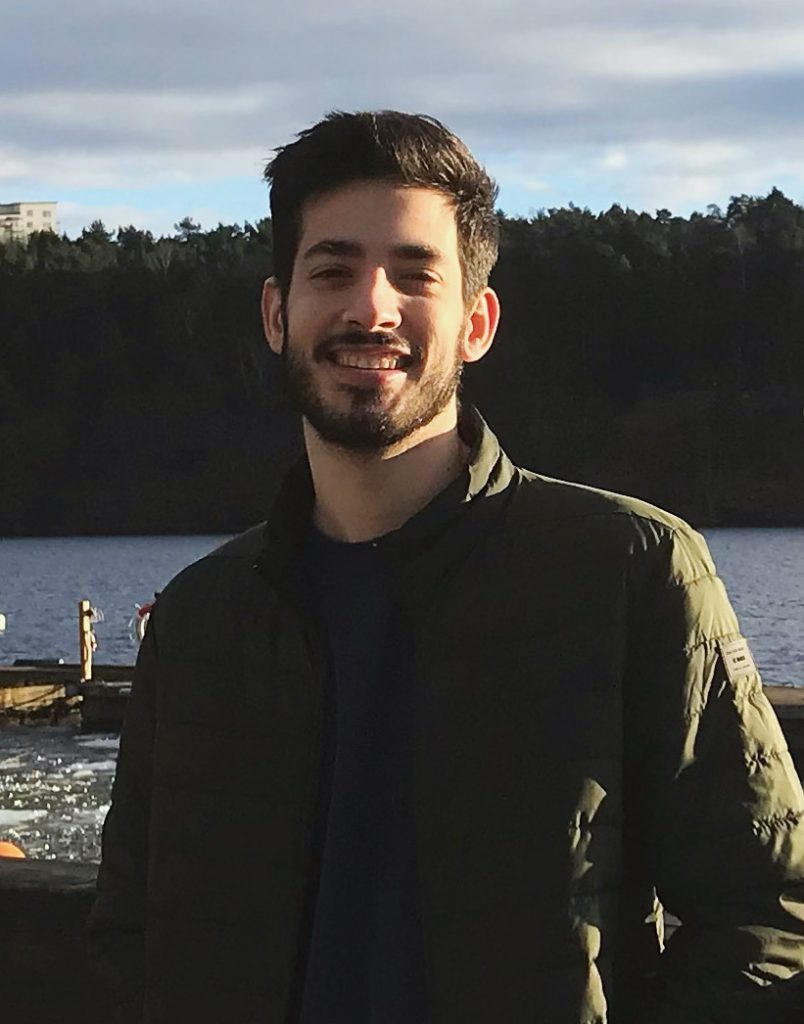
Alberto, 26 yo, Spain, BSc in Biology in Spain 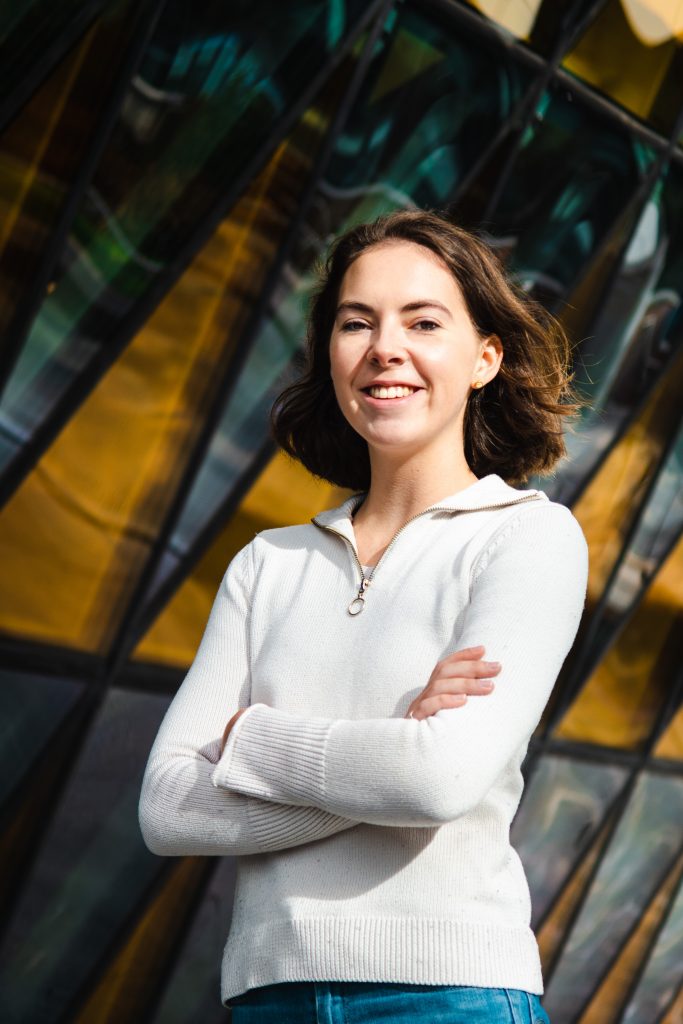
Grace, 22 yo, UK, BSc in Biomedical science in the Netherlands 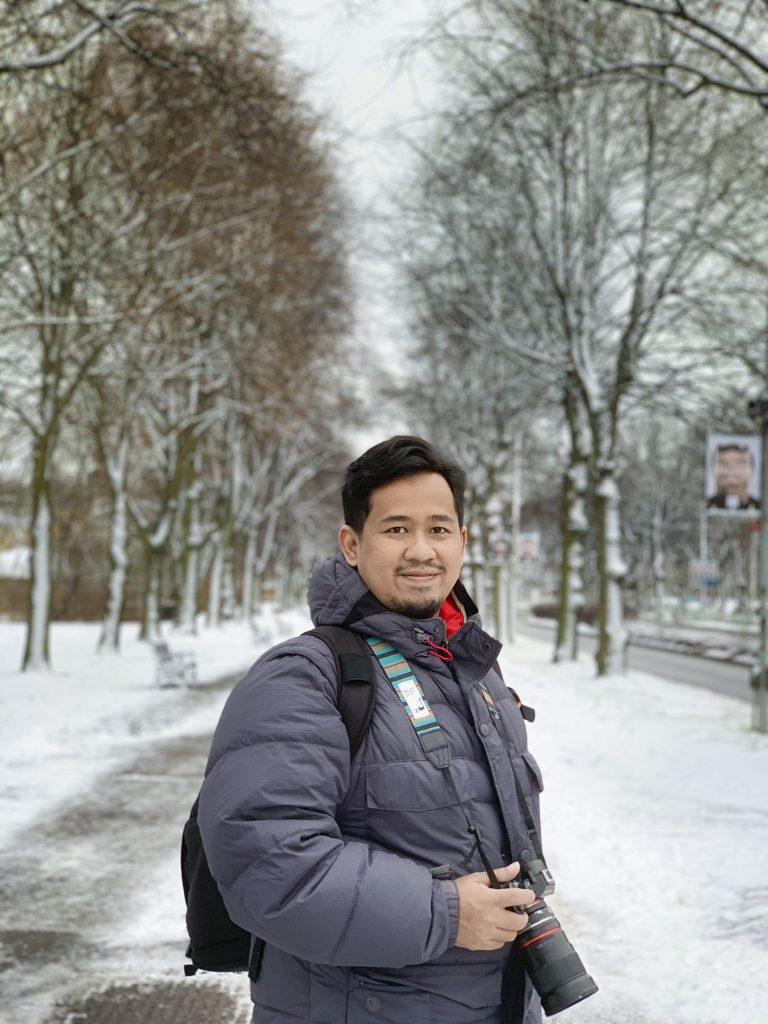
Gumilang, 34 yo, Yokyakarta, Indonesia, Dentistry in Indonesia 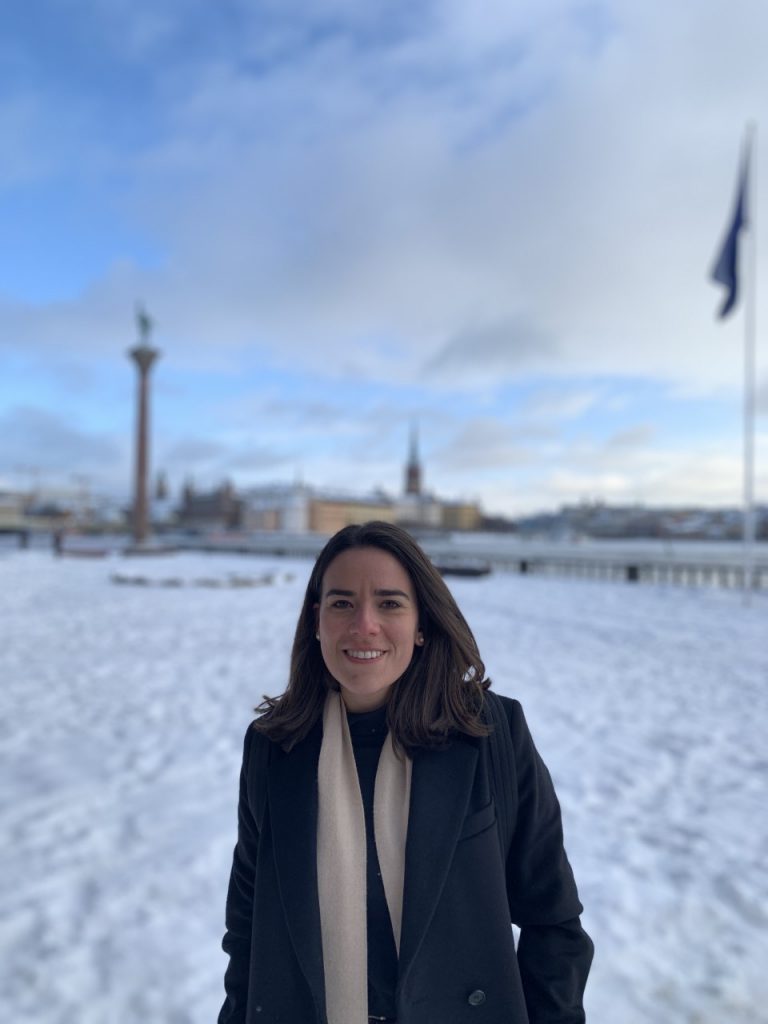
Karoline Stenning, 30 yo, Peru. Bachelor’s in medicine and Surgery in Peru 
Natalie, 23 yo, California, USA/Taiwan, BSc in Bioengineering in the USA
2. Why did you choose the Master’s in Bioentrepreneurship?
Karoline: I was working as a general practitioner in Peru, and took some courses on Medical research and Clinical trials at Harvard Public Health School while deciding what specialty I wanted to follow. I was unsure if I wanted to follow the general medical doctor path but I wanted to make a difference on all the problems I would see as a doctor. So, I started looking for opportunities such as working with a nanomedicine laboratory, medical start-ups in an incubator, and assessing a company and project on medical cannabis. I decided I wanted to learn more about business in healthcare and entrepreneurship to be able to apply my previous knowledge in a better way. This master was the best fit for what I needed.
Alberto: By the end of my bachelor’s, I had already done a couple of internships in basic research and other lab work in a hospital setting. Although I enjoyed these experiences, I felt I could contribute to the life sciences industry from a more social-wise perspective. I toyed with the idea of doing an MBA for a while. Nevertheless, they did not appear to be addressed to students with a biological sciences background. When I found the MBE at Karolinska Institutet, I felt it was the natural next step in my education. The program seemed to answer my recently discovered interests without giving up on my purpose of making a difference through scientific innovation.
Natalie: I gained experience in both academic and industry research through my bachelor studies but I soon realized that it was not what I wanted to pursue. But I still wanted to stay within the life science industry because of the impact it can create to society. I was looking for jobs, but also graduate school opportunities and KI showed up. I saw Bioentrepreneurship! The name sounded so fancy and I didn’t think I am the type of person who would want to start their own company, but the curriculum was very attractive since there’s an opportunity to learn about a wide range of skills tailored to the life science industry from business management to product development. Not to mention the 3 practical placements allowing us to work side by side with professionals and learn in a practical setting.
Grace: Back when I made the decision to switch from veterinary medicine to Biomedical science, I did it with the end goal of going into business. I knew lab life wasn’t for me, but I still liked biology too much to go straight into a business bachelor’s. This programme was the perfect mix for me!
Gumilang: I choose MBE since I saw a big opportunity in developing medical devices, new drugs, and other health-related innovations outside of “the big pharma” scheme. A lot of inventors find it difficult to deliver their products into markets, due to the lack of knowledge in market analysis, feasibility study, and how to evaluate their intellectual properties. I saw MBE programs and their syllabus offers knowledge that I needed to set up a consultancy firm that could help those inventors in the future.
3. What do you think of the programme so far?
Gumilang: I found that studying at MBE at KI is meeting most of my expectations. The educations given by the course helps me to deepen my knowledge in the intended areas. Moreover, I love the atmosphere given by the teachers and classmates, which somehow I found a little bit different than I experienced in my previous education level. However, I found it disappointed since we cannot have face-to-face classes due to the pandemic restriction. While the campus tried so hard to deliver equal educational quality, some aspects cannot be the same.
Grace: I’m really enjoying it! The programme is full on, and the biology knowledge required of us is a lot less complex than I thought it would be, but I’ve been really impressed by our professors and by how organised classes are. A lot of other little things exceeded my expectations- how nice campus is, how many study spaces there are, how friendly our tutors are.
Natalie: I would like to say I came to Sweden with not a lot of expectations because I knew it would be very different from California and I wanted to embrace this whole new experience. It is a bummer that I just so happened to graduate and enter a new program in the midst of a pandemic. However, I can see that course directors are doing the best they can to provide the same quality of education and experience. I definitely felt like certain course structures and methods of evaluation should be more adapting to a remote learning environment. It’s a learning process for all of us! A lot of the responsibility in learning falls on ourselves at our own pace and it cannot be provided through traditional lectures. This might have to do with the nature of our courses as it is not the good old theory courses I am used to and the learning outcomes rely on the application of the knowledge and exchanges with my peers.
Karoline: So far it has been a very eye-opening and interesting experience. Coming from a science background with almost no knowledge in entrepreneurship or business I would always have ideas I wanted to implement or work on. But I never knew how or where to begin and I think this program so far is achieving this objective. I have learned a lot by having different literature, classes, workshops, and types of assignments that help you better explore the courses. Another thing that I find very interesting so far is that the MBE program is a very international program. I have enjoyed this aspect of KI and the MBE program and enjoyed getting to know people from different countries with completely different backgrounds and the experiences are very insightful and enriching. Working with such a diverse class can give so many perspectives and connections that make the program much more valuable.
Albert: If I could define this program with one word, it would be: challenge. I expected to learn new concepts, but I did not expect this program would help me to push my limits. The practical approach of the MBE ensures that you will acquire valuable skills that will be helpful in your career. The MBE has truly exceeded my expectations.
This is it! Hope their answers were well informed and interesting 🙂 // Tina
Tina Sayari - Bioentrepreneurship
I am studying the Master's in Bioentrepreneurship and will be writing about my courses, my classmates, and the general satisfaction regarding this masters. Being born & raised in Stockholm and previously doing the Bachelor's in Biomedicine at KI, I know more than the average KI student about living in Sweden and the university :) Feel free to contact me: tina.sayari@stud.ki.se

0 comments